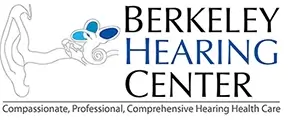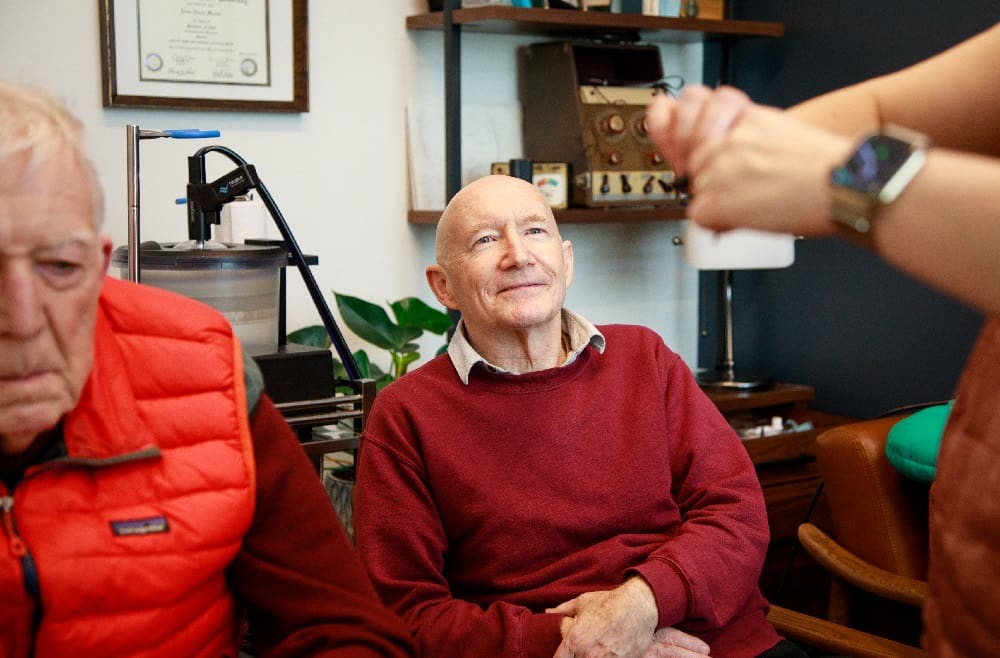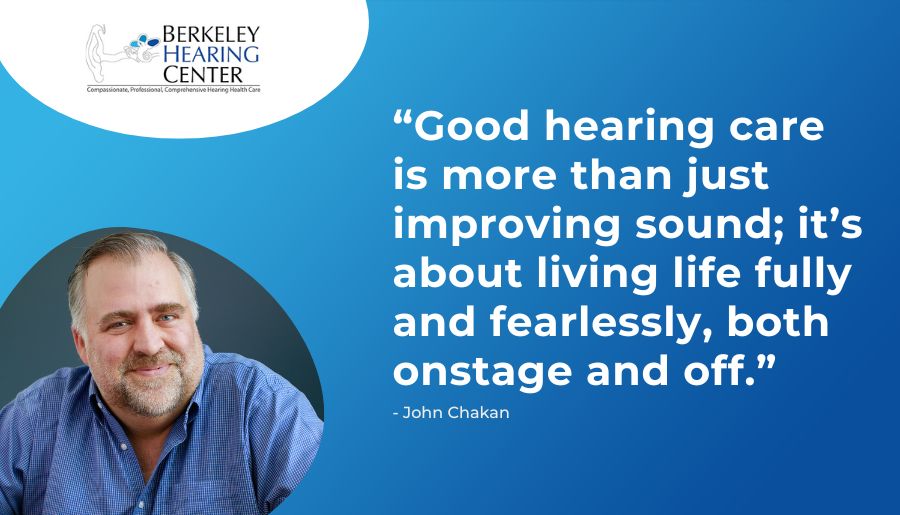2022-09-23
Jonathan Lipschutz Audiologist, M.S., F-AAA, Co-Owner
Well, as I wrote in Part 1, it will likely add to the confusion people experience when seeking to address hearing loss because information critical to understanding and properly treating this health issue isn’t being disseminated.
Why would I say that? Let me start to answer that with a few anecdotes from our recent experience. Just two days after this press release from the FDA–“FDA Finalizes Historic Rule Enabling Access to Over-the-Counter Hearing Aids for Millions of Americans”, we received a call from a prospective patient saying that she had bought “new hearing aids” online and put them in so far that it caused bleeding in both ear canals. The very next day, I agreed to stay late for a visitor from out of town because they had an OTC earpiece stuck in their ear. I was able to remove it without issue, but was shocked at how big and how deep it was. OTC...what could go wrong?!
To be honest, it’s difficult to know where to begin with the potential negative healthcare ramifications associated with how OTC hearing aids are being ‘rolled out’. But I guess I’ll start with the identification piece.
The legislation creating the OTC category states that they are for “perceived mild to moderate hearing loss”. I’ve treated countless individuals who come in reporting “mild” impairment, only to diagnose hearing loss well beyond that degree. I am a licensed Audiologist with over 25 years of experience, and I might be able to self-diagnose this degree of hearing loss. How is the lay public supposed to determine this?
But even making this (big) assumption, how does the individual know what’s causing it? Is it due to ear wax (and therefore no need for hearing aids)? Is it an issue that needs medical remediation? If so, will the delay in identification & treatment cause significant long term issues that didn’t have to occur? It’s never best medical practice for patients to both self-assess and self-treat health issues. In what other areas of medicine do we recommend this?! Even if self-treatment is (eventually) appropriate, it’s always preferable to access the expertise of healthcare professionals.
Setting aside the potentially significant ramifications of not identifying hearing loss in need of medical treatment, what about simply inaccurately self-diagnosing degree of hearing loss?
Users with more significant hearing loss will likely find little benefit from OTC aids, leading them to think hearing aids aren’t helpful, further delaying the significant benefit of professionally dispensed hearing aids.
We know early identification AND treatment of hearing loss with appropriate amplification is critical to the best long term outcomes. For some (many?), OTCs may actually delay proper treatment.
As in the Part 1 of this series, I do want to emphasize that we support anything that improves awareness, early identification and treatment of hearing loss. We hope that, eventually, OTCs help on that front. Next month, I’ll dive into technology differences.
Till then, please continue to love your community by getting vaccinated/boosted & masking where and when appropriate. And please always support our local businesses.
https://berkeleyhearing.com/wp-content/uploads/2022/09/Learn-more-about-OTC-hearing-aids-their-risks-and-how-to-get-the-best-care-for-your-hearing-needs.jpg
Jonathan Lipschutz Audiologist, M.S., F-AAA, Co-Owner






